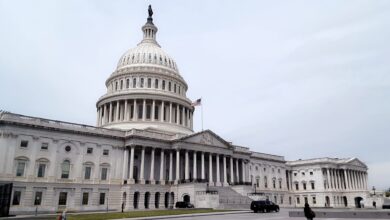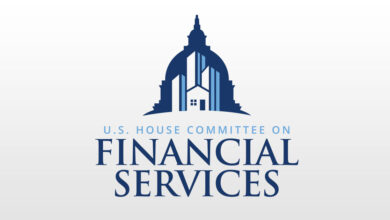Turkey Introduces Bill to Regulate Crypto Assets Amid FATF Review

Turkey has introduced a legislative proposal aimed at mitigating the risks associated with transacting with crypto assets within the country. This proposal, presented to parliament by ruling party chairman Abdullah Güler, encompasses various regulations concerning crypto assets and will be enforced by the Capital Markets Board (CMB). The bill sets forth crucial rules for crypto service providers and enhances the CMB’s oversight over them.
On May 16, 2024, a Draft Law Amending the Capital Markets Law No. 6362 was submitted to the Presidency of the Grand National Assembly of Turkey. The Draft Law aims to regulate crypto asset service providers, the activities of crypto asset platforms, the custody of crypto assets, the trading and transfer of crypto assets by individuals residing in Turkey on crypto asset platforms.
The general justification of the Draft Law states that the proliferation of crypto assets, driven by evolving technology and needs, has significantly impacted Türkiye, with approximately 10 million users engaging in crypto trading. The absence of legal regulations means these transactions lack official oversight, exposing the area to potential abuses.
The Draft Law emphasizes that while it does not aim to regulate blockchain technology itself, it targets the trading activities of crypto assets on platforms leveraging this technology. It introduces licensing requirements, strict criteria for shareholders and board members, and establishes clear obligations for crypto platforms, including the segregation of client assets and robust auditing practices. Additionally, it addresses foreign transactions and imposes sanctions for non-compliance, aiming to enhance financial stability and protect investors.
“The law regulates crypto asset service providers, activities of crypto asset platforms, storage of crypto assets, and crypto asset buying, selling, and transfer transactions that people residing in Turkey can make,” the draft states. Although the bill does not address taxation, it mandates that the CMB and TÜBİTAK, the Scientific and Technological Research Council of Turkey, receive 1% of revenues from crypto service providers.
A key aspect of the bill is the introduction of a licensing scheme for crypto firms, managed by the CMB, bringing these firms under the regulator’s purview. To safeguard customers, the bill also expands the scope of inspections for crypto providers. According to the draft regulations submitted by the AK Party, cryptocurrency trading platforms and other sector companies must obtain licenses from Turkey’s capital markets board.
The bill aims to align Turkey’s crypto asset regulations with international standards, address criticisms from the Financial Action Task Force (FATF), and enhance the safety of the country’s crypto ecosystem. In March, Turkey’s economy minister, Mehmet Şimşek, shared the government’s efforts to exit the FATF gray list, noting that an inspection delegation would visit in April-May and expressing confidence that Türkiye would be removed from the gray list.
Also in March, AK Party Deputy Chairman of Information and Communication Technologies Ömer İleri emphasized the importance of legal regulations in the crypto asset field, stating, “This legal regulation is primarily a study that will regulate the platforms, but beyond that, it will be a regulation that will protect our citizens and investors.”
A team from FATF held meetings with Turkish authorities earlier this month in preparation for its highly anticipated report on the country in June, two sources told Reuters. One of the sources stated that the unpublicized “on-site” visit assessed Turkey’s progress in addressing the money laundering and terrorist financing concerns that led to the downgrade in 2021. The report from this visit will form the basis of the FATF’s decision at a June 28 plenary, which Finance Minister Mehmet Simsek has indicated will mark Turkey’s departure from the grey list of countries under special scrutiny.
The article was updated on May 22, 2024.




